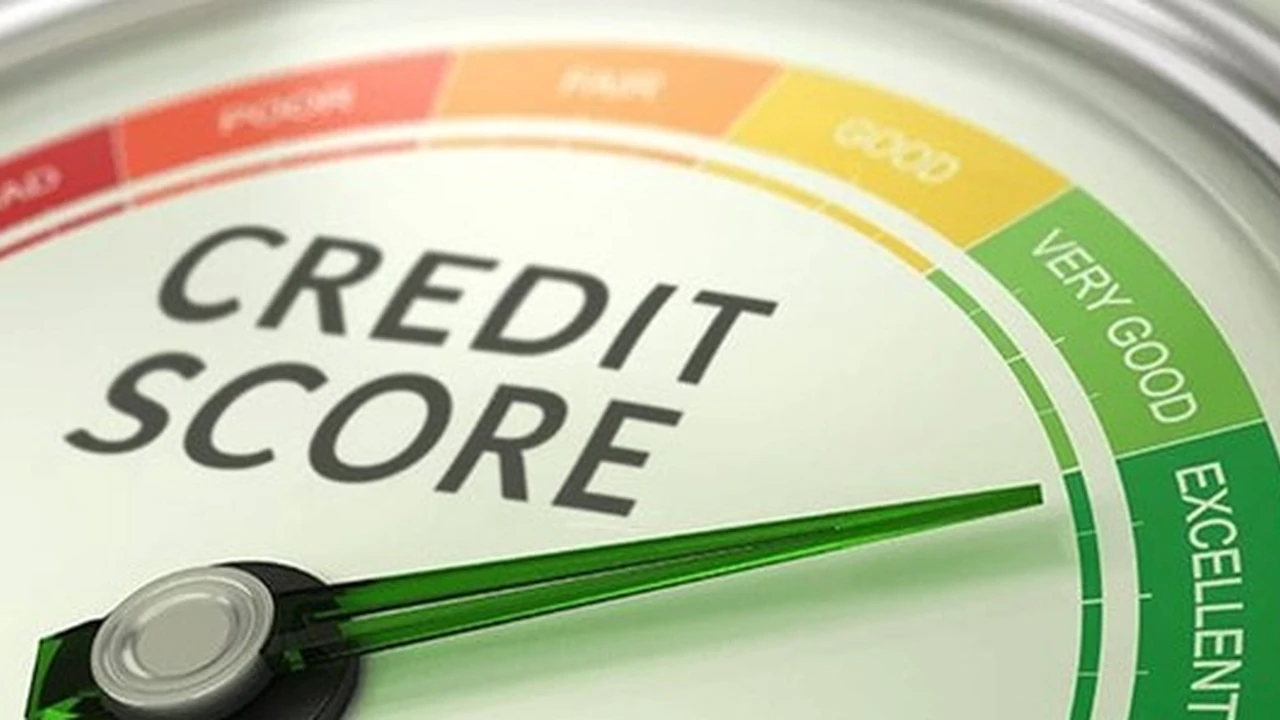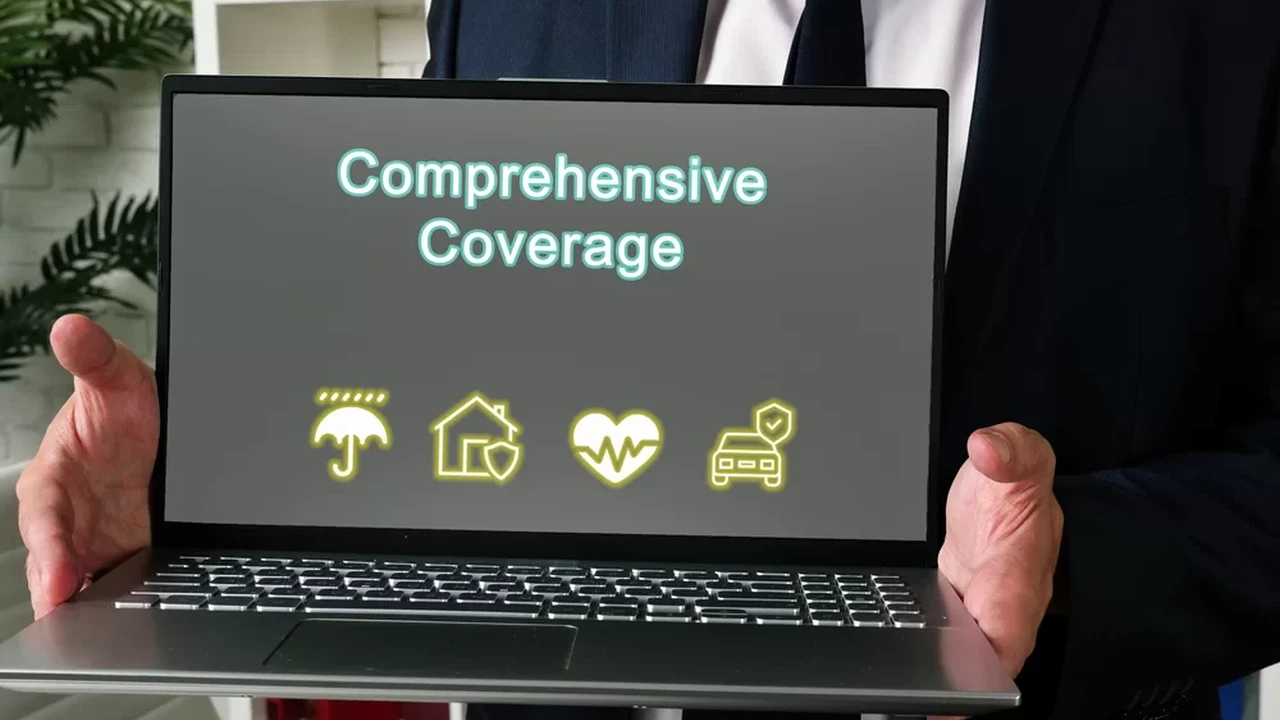Reporting the Accident to Your Insurance Company

Understanding Your Car Insurance Policy After an Accident
Okay, so you've just been in a car accident. Take a deep breath. First things first, make sure everyone is safe and call the authorities if necessary. Once the immediate crisis is over, it's time to think about your car insurance. Your policy is basically your rulebook for what happens next. Dig it out, or access it online if you can. Look for these key things:
- Coverage Limits: This is the maximum amount your insurance company will pay out. Know your limits for bodily injury liability, property damage liability, collision, and comprehensive coverage. Don't just glance at the numbers; understand what each covers. For example, bodily injury liability covers injuries you cause to others, while collision covers damage to your car regardless of fault (minus your deductible).
- Deductible: This is the amount you pay out-of-pocket before your insurance kicks in. A higher deductible usually means a lower premium (monthly payment), but it also means you'll pay more if you have an accident. Make sure you can comfortably afford your deductible.
- Exclusions: These are specific situations or types of damage that your policy doesn't cover. Common exclusions include driving under the influence, using your car for commercial purposes (like ride-sharing) if you don't have the proper coverage, and intentional damage. Read the fine print here!
- Deadlines for Reporting: Most policies have a deadline for reporting an accident. Missing this deadline could jeopardize your claim. Don't delay! The sooner you report, the better.
- Your Insurance Company's Contact Information: Have the phone number, website, and claims address handy. You'll need this to report the accident.
Understanding your policy upfront can save you a lot of headaches later. If you're unsure about anything, call your insurance agent or company representative. They're there to help!
Immediate Steps After a Car Accident For Insurance Claims
Alright, policy understood (hopefully!). Now let's talk about what to do *immediately* after the accident. Think of this as your post-accident checklist:
- Ensure Safety: This is paramount. Check yourself and your passengers for injuries. If anyone is hurt, call for medical assistance immediately. Move your car to a safe location if possible, out of the flow of traffic. Turn on your hazard lights.
- Call the Police: Even if the accident seems minor, it's usually a good idea to call the police. They'll create an official accident report, which can be crucial for your insurance claim. The police report will include details about the accident, such as the date, time, location, and parties involved, as well as a preliminary determination of fault.
- Exchange Information: Exchange information with the other driver(s) involved. Get their name, address, phone number, insurance company, and policy number. Also, note down the make, model, and license plate number of their vehicle. Don't get into arguments about who was at fault. Just stick to exchanging information.
- Document the Scene: Take photos and videos of the accident scene. Capture the damage to all vehicles involved, as well as any relevant road conditions, traffic signs, or other factors that may have contributed to the accident. Photos are invaluable evidence for your insurance claim.
- Contact Your Insurance Company: As soon as possible, contact your insurance company to report the accident. Even if you're not sure who was at fault, it's important to notify them. They'll guide you through the claims process.
Remember, staying calm and methodical after an accident is key. Don't admit fault or make any statements that could be used against you later. Just stick to the facts and cooperate with the police and your insurance company.
Gathering Information For Your Car Insurance Claim After an Accident
Okay, you've reported the accident. Now it's time to gather all the information you'll need to support your claim. The more organized you are, the smoother the process will be. Here's a breakdown of what you'll need:
- Police Report: Obtain a copy of the police report. This is an official record of the accident and can be very helpful in determining fault. Your insurance company will likely request a copy, but it's good to have one yourself.
- Photos and Videos: Compile all the photos and videos you took at the accident scene. These visual aids can help your insurance company understand the extent of the damage and the circumstances surrounding the accident.
- Witness Statements: If there were any witnesses to the accident, get their contact information and ask them if they're willing to provide a statement. A witness statement can corroborate your version of events and strengthen your claim.
- Medical Records: If you or any of your passengers were injured in the accident, gather all relevant medical records, including doctor's reports, hospital bills, and therapy records. These records will be necessary to support any claims for medical expenses.
- Vehicle Repair Estimates: Get estimates from several reputable auto repair shops for the cost of repairing your vehicle. Your insurance company may have preferred repair shops, but it's always a good idea to get multiple estimates to ensure you're getting a fair price.
- Lost Wage Documentation: If you had to miss work due to the accident or your injuries, gather documentation to support your claim for lost wages. This may include pay stubs, a letter from your employer, or tax returns.
- Other Expenses: Keep track of any other expenses you incurred as a result of the accident, such as rental car fees, towing charges, or medication costs. Be sure to keep receipts for all expenses.
The more thorough you are in gathering information, the stronger your claim will be. Keep all your documents organized and readily accessible. This will make it easier for your insurance company to process your claim quickly and efficiently.
Reporting the Accident to Your Car Insurance Company: A Step-by-Step Guide
Alright, you've gathered your information. Now it's time to formally report the accident to your insurance company. Here's a step-by-step guide to help you through the process:
- Contact Your Insurance Company: Call your insurance company's claims department or file a claim online through their website. Have your policy number and all the information you've gathered readily available.
- Provide the Details of the Accident: Be prepared to provide a detailed account of the accident, including the date, time, location, and circumstances. Be honest and accurate in your description. Don't speculate or guess about anything you're not sure of.
- Answer Questions: The insurance adjuster will likely ask you a series of questions about the accident. Answer them truthfully and to the best of your ability. If you're unsure about something, say so. Don't feel pressured to answer questions you're not comfortable with.
- Provide Documentation: Submit all the documentation you've gathered to support your claim, including the police report, photos, videos, witness statements, medical records, and repair estimates. Make sure to keep copies of everything you submit.
- Cooperate with the Adjuster: Cooperate with the insurance adjuster throughout the claims process. Respond promptly to their requests for information and keep them updated on your progress. Be polite and professional in your interactions.
- Understand Your Rights: Know your rights as an insured party. Your insurance company has a duty to investigate your claim fairly and in good faith. If you believe your claim is being unfairly denied or delayed, you have the right to appeal their decision or seek legal advice.
Reporting the accident to your insurance company can be a daunting task, but by following these steps, you can ensure that your claim is processed smoothly and efficiently. Remember to be honest, accurate, and cooperative throughout the process.
Navigating Car Insurance Claims: Dealing with the Insurance Adjuster
The insurance adjuster is your primary point of contact with the insurance company. They're responsible for investigating your claim, assessing the damages, and determining the amount of compensation you're entitled to. Building a good working relationship with the adjuster can be beneficial, but it's also important to protect your rights.
- Be Polite and Professional: Treat the adjuster with respect, even if you disagree with their assessment of your claim. Being polite and professional can go a long way in fostering a positive working relationship.
- Document Everything: Keep a record of all your communications with the adjuster, including the date, time, and subject of each conversation. Also, keep copies of all documents you send to or receive from the adjuster.
- Ask Questions: Don't hesitate to ask the adjuster questions about the claims process or the status of your claim. If you don't understand something, ask them to explain it more clearly.
- Be Prepared to Negotiate: The adjuster's initial offer may not be the full amount you're entitled to. Be prepared to negotiate for a fair settlement. Have evidence to support your position, such as repair estimates or medical bills.
- Don't Accept the First Offer: It's rarely a good idea to accept the adjuster's first offer without carefully considering it. Take your time to review the offer and consult with an attorney if necessary.
- Know Your Rights: Understand your rights as an insured party. Your insurance company has a duty to investigate your claim fairly and in good faith. If you believe your claim is being unfairly denied or delayed, you have the right to appeal their decision or seek legal advice.
Dealing with an insurance adjuster can be challenging, but by following these tips, you can navigate the process effectively and protect your rights. Remember to be polite, professional, and informed throughout the process.
Understanding Liability and Fault in Car Insurance Claims
Determining liability, or who was at fault in the accident, is a crucial step in the car insurance claims process. Liability determines whose insurance company will pay for the damages. In many cases, liability is clear-cut, but in others, it can be more complex.
- Comparative Negligence: Many states follow a comparative negligence rule, which means that each driver is responsible for their share of the fault. If you're found to be partially at fault for the accident, your compensation may be reduced accordingly. For example, if you're found to be 20% at fault, your compensation may be reduced by 20%.
- Contributory Negligence: A few states follow a contributory negligence rule, which means that if you're found to be even 1% at fault for the accident, you may not be able to recover any compensation.
- Evidence of Fault: The insurance company will consider various factors in determining fault, including the police report, witness statements, photos and videos of the accident scene, and traffic laws.
- Common Scenarios: Some common scenarios where fault may be disputed include rear-end collisions, intersection accidents, and lane-change accidents.
- Negotiating Fault: If you disagree with the insurance company's determination of fault, you have the right to negotiate. Provide evidence to support your position and be prepared to argue your case.
- Legal Assistance: If you're unable to resolve the issue of fault with the insurance company, you may need to seek legal assistance from a car accident attorney.
Understanding liability and fault is essential for navigating the car insurance claims process. If you're unsure about your rights or obligations, consult with an attorney.
Car Insurance Claim Denials: What to Do When Your Claim is Denied
It's frustrating when your car insurance claim is denied. But don't panic! A denial doesn't necessarily mean the end of the road. You have options.
- Understand the Reason for Denial: The insurance company must provide a written explanation for why your claim was denied. Read it carefully. Is it a lack of coverage? A dispute over fault? A missing deadline? Knowing the reason is the first step in addressing the denial.
- Review Your Policy: Double-check your insurance policy to ensure you understand your coverage and any exclusions. The denial might be based on a misinterpretation of your policy.
- Gather More Evidence: If the denial is based on insufficient evidence, gather more evidence to support your claim. This could include additional photos, witness statements, or expert opinions.
- Appeal the Decision: Most insurance companies have an internal appeals process. Follow the instructions in the denial letter to file an appeal. Be sure to include any new evidence or arguments that support your claim.
- Consider Mediation or Arbitration: Mediation is a process where a neutral third party helps you and the insurance company reach a settlement. Arbitration is a more formal process where a neutral third party makes a binding decision.
- Consult with an Attorney: If you've exhausted all other options, consider consulting with a car accident attorney. An attorney can review your case and advise you on your legal options.
Getting your car insurance claim denied is never pleasant, but you have the right to challenge the decision. Be persistent, gather evidence, and know your rights.
Car Insurance Products Recommendation and Comparison After an Accident
After an accident, you might be reviewing your car insurance coverage and wondering if you have the right protection. Here's a look at some helpful products and a comparison to help you make informed decisions.
Gap Insurance: Bridging the Value Gap
What it is: Gap insurance covers the "gap" between what you owe on your car loan and the car's actual cash value (ACV). This is crucial if your car is totaled and the ACV is less than your loan balance.
When to use it: Ideal for new cars or cars with long loan terms. If you put little or no money down, or if your car depreciates quickly, gap insurance is a smart move.
Product Recommendation: Many insurance companies offer gap insurance as an add-on to your existing policy. Progressive, State Farm, and Geico are all reputable providers. You can also purchase gap insurance separately from a third-party provider like Auto Loan Protection.
Pricing: Generally ranges from $200-$700 for the life of the loan, or can be added to your monthly premium for a small fee.
Rental Car Reimbursement: Keeping You Mobile
What it is: Rental car reimbursement covers the cost of a rental car while your vehicle is being repaired after a covered accident.
When to use it: Essential if you rely on your car for work, errands, or daily life. It ensures you're not stranded while your car is in the shop.
Product Recommendation: Most major insurance companies offer rental car reimbursement as an add-on. Allstate's "Rental Car Coverage" is a popular choice. Erie Insurance is also highly rated for its claims handling.
Pricing: Adding rental car reimbursement typically increases your premium by $50-$100 per year.
Uninsured/Underinsured Motorist Coverage: Protection Against Negligent Drivers
What it is: This coverage protects you if you're hit by a driver who has no insurance (uninsured) or insufficient insurance (underinsured) to cover your damages.
When to use it: A must-have, especially in states with high rates of uninsured drivers. It covers your medical bills, lost wages, and pain and suffering.
Product Recommendation: Ensure you have adequate limits. Consider matching your uninsured/underinsured motorist coverage limits to your liability limits. Talk to your agent about what's right for your situation. Most insurance companies offer this coverage.
Pricing: Typically adds $100-$300 per year to your premium, depending on the coverage limits.
Product Comparison Table
| Coverage Type | Progressive | State Farm | Geico | Allstate | Erie Insurance |
|---|---|---|---|---|---|
| Gap Insurance | Yes | Yes | Yes | Yes | Not Directly Offered, but can be added via partner |
| Rental Car Reimbursement | Yes | Yes | Yes | Yes | Yes |
| Uninsured/Underinsured Motorist | Yes | Yes | Yes | Yes | Yes |
| Customer Satisfaction | Good | Excellent | Good | Good | Excellent |
| Pricing | Competitive | Moderate | Competitive | Moderate | Moderate |
Disclaimer: Prices and customer satisfaction ratings are approximate and may vary based on individual circumstances and location. It's always best to get a personalized quote from each insurance company.
:max_bytes(150000):strip_icc()/277019-baked-pork-chops-with-cream-of-mushroom-soup-DDMFS-beauty-4x3-BG-7505-5762b731cf30447d9cbbbbbf387beafa.jpg)






